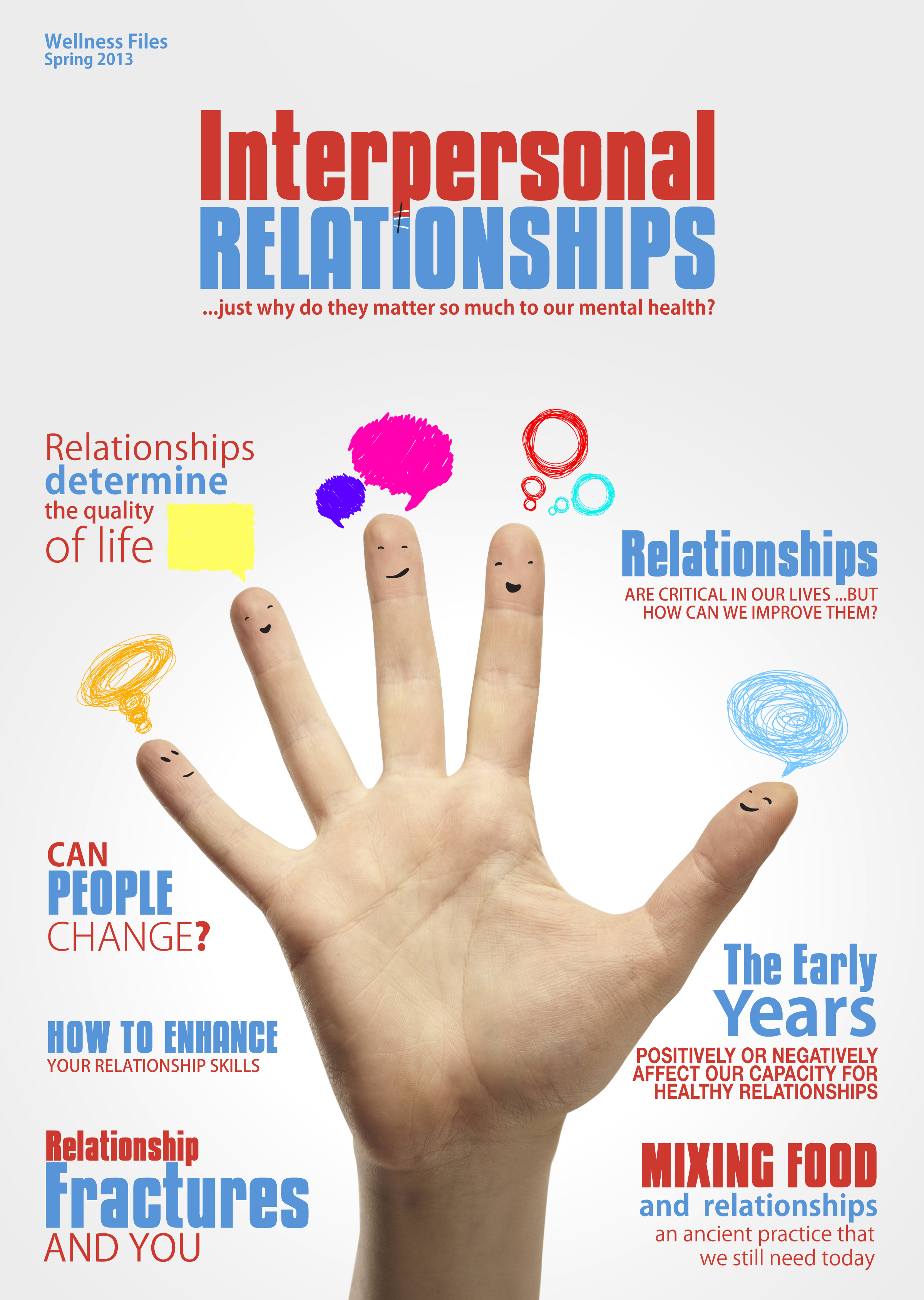So listen up, folks. We all know relationships can be one wild ride, full of ups and downs, twists and turns. Whether you're just starting out or you've been together for years, the truth is, relationships require work. But here's the thing: they're worth it. Building strong, healthy relationships isn't just about finding the right person—it's about being the right person. And that's what we're diving into today, relationships.
You might be wondering, "Why are relationships so important?" Well, let me tell you, they're not just about having someone to hang out with on weekends. No, no, no. They're about building a foundation of trust, respect, and communication that lasts a lifetime. In fact, studies have shown that people with strong relationships live happier, healthier lives. So yeah, it's a big deal.
Now, before we dive deeper, let me make one thing crystal clear. This isn't just some fluffy article about flowers and chocolates. We're talking real talk here—how to communicate better, how to handle conflicts, and how to keep that spark alive even after years together. So grab a cup of coffee, get comfy, and let's dive into the world of relationships.
Read also:Unlocking The Secrets Of Most A Comprehensive Guide To The Ultimate Power Word
Understanding the Basics of Relationships
What Makes a Relationship Tick?
Alright, let's break it down. A relationship isn't just about two people liking each other. It's about building a connection that goes deeper than surface-level stuff. Think about it like a house. If you don't have a strong foundation, the whole thing's gonna crumble. In relationships, that foundation is built on trust, communication, and mutual respect.
Now, here's the kicker. Every relationship is different. What works for one couple might not work for another. But there are some universal truths that apply to pretty much everyone. For example, listening is just as important as talking. I know, I know, it sounds simple, but you'd be surprised how many people forget this. And let's not forget about compromise. Nobody gets their way all the time, and that's okay. It's all about finding a balance that works for both people.
Communication: The Heart of Relationships
Why Communication is King
Let me tell you, communication is the backbone of any good relationship. Think about it. How can you solve problems if you're not talking about them? And I'm not just talking about surface-level chit-chat here. I'm talking about deep, meaningful conversations that help you understand each other on a whole new level.
Here's a little tip: active listening is key. It's not just about hearing the words someone says—it's about understanding what they mean. And don't be afraid to express your own feelings. Bottling things up never helps anyone. In fact, it usually makes things worse. So speak up, but do it in a way that's respectful and considerate.
Building Trust in Relationships
Why Trust is the Glue That Holds It All Together
Trust. It's the glue that holds relationships together. Without it, things can fall apart pretty quickly. But building trust isn't something that happens overnight. It takes time, effort, and consistency. And let me tell you, it's worth it.
Here are a few things you can do to build trust: be honest, follow through on your promises, and be reliable. Sounds simple, right? But it's amazing how many people forget these basics. And remember, trust goes both ways. You have to trust your partner just as much as they trust you. It's a two-way street, folks.
Read also:Subscription Models The Ultimate Guide To Unlocking Value And Growth
Handling Conflicts in Relationships
Conflict is Inevitable—Here's How to Handle It
Let's face it, conflicts are gonna happen. No matter how perfect your relationship is, there will be times when you disagree. But here's the thing: it's not about avoiding conflict—it's about how you handle it. And let me tell you, there's a right way and a wrong way to do it.
First off, never go to bed angry. I know, it's an old saying, but it's true. Address the issue while it's fresh in your minds. And when you're discussing it, focus on the problem, not the person. Use "I" statements instead of "you" statements. For example, say "I feel hurt when..." instead of "You always..." It makes a huge difference.
Keeping the Spark Alive
Relationships Need a Little TLC to Stay Fresh
So here's the thing: relationships need attention to stay fresh. You can't just assume that the spark will stay alive on its own. It takes effort from both sides to keep things exciting. And let me tell you, it's worth it.
Here are a few ideas: plan date nights, try new activities together, and don't be afraid to surprise each other. Little gestures go a long way. And remember, intimacy isn't just about physical touch—it's about emotional connection too. So make time for those deep conversations and heartfelt moments.
Understanding Your Partner's Love Language
What Are Love Languages and Why Do They Matter?
Alright, let's talk about love languages. Ever heard of them? They're basically the different ways people express and receive love. There are five main ones: words of affirmation, acts of service, receiving gifts, quality time, and physical touch. And here's the thing: everyone has their own love language.
Understanding your partner's love language can make a huge difference in your relationship. For example, if their love language is quality time, spending a few hours together without distractions can mean the world to them. Or if it's acts of service, helping them with chores can show how much you care. It's all about speaking their language.
Setting Boundaries in Relationships
Why Boundaries Are Essential for Healthy Relationships
Boundaries. They're not just for work or school—they're crucial in relationships too. Setting boundaries helps you define what's okay and what's not in your relationship. And let me tell you, it's important for both partners to respect each other's boundaries.
Here's how you can set boundaries: communicate openly about what you need, be clear about your limits, and don't be afraid to say no. And remember, boundaries aren't about keeping people out—they're about creating a safe space where both partners feel respected and valued.
Growing Together as a Couple
How to Evolve and Grow in Your Relationship
Relationships aren't static—they're dynamic. They change and grow over time, just like the people in them. And that's a good thing. But here's the catch: you have to grow together. If one person is moving forward while the other is standing still, it can create tension.
So how do you grow together? Start by setting goals as a couple. Talk about where you want to be in five years, ten years, and beyond. And don't forget to support each other's personal growth too. Encourage each other to pursue your passions and dreams. It's all about evolving together.
The Importance of Self-Care in Relationships
Why Taking Care of Yourself Benefits Your Relationship
Now, here's something a lot of people forget: taking care of yourself is just as important as taking care of your relationship. You can't pour from an empty cup, folks. If you're not taking care of your own needs, you won't have much left to give your partner.
So make time for self-care. Whether it's exercising, meditating, or just taking a few minutes to yourself each day, it's important to recharge your batteries. And guess what? When you're feeling good, it benefits your relationship too. You'll have more energy, patience, and positivity to share with your partner.
Long-Distance Relationships: Can They Work?
Making It Work When You're Miles Apart
Let's talk about long-distance relationships for a second. They're definitely not easy, but they're not impossible either. The key is communication, trust, and planning. You have to be extra intentional about staying connected when you're not physically together.
Here are a few tips: schedule regular video calls, send care packages, and plan visits whenever possible. And remember, just because you're apart doesn't mean you can't have a strong, healthy relationship. It just requires a little extra effort.
Conclusion: The Journey of Relationships
So there you have it, folks. Relationships are a journey, not a destination. They require effort, patience, and a whole lot of love. But here's the thing: they're worth it. Building strong, healthy relationships is one of the most rewarding things you can do in life.
Remember the key takeaways: communication is king, trust is the glue, and self-care is just as important as taking care of your relationship. And don't forget to keep the spark alive and grow together as a couple. It's all about finding a balance that works for both of you.
So what are you waiting for? Take what you've learned and apply it to your own relationship. And don't forget to share this article with your friends and loved ones. Who knows? It might just help someone else too. Thanks for reading, and here's to building stronger, healthier relationships!
Table of Contents
- Understanding the Basics of Relationships
- Communication: The Heart of Relationships
- Building Trust in Relationships
- Handling Conflicts in Relationships
- Keeping the Spark Alive
- Understanding Your Partner's Love Language
- Setting Boundaries in Relationships
- Growing Together as a Couple
- The Importance of Self-Care in Relationships
- Long-Distance Relationships: Can They Work?


